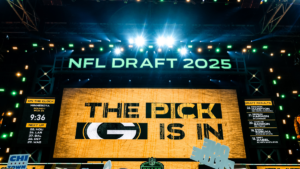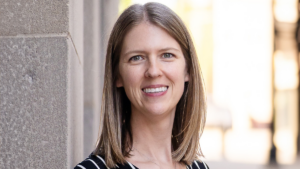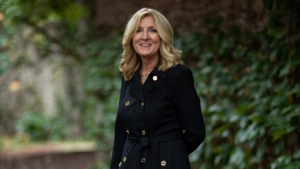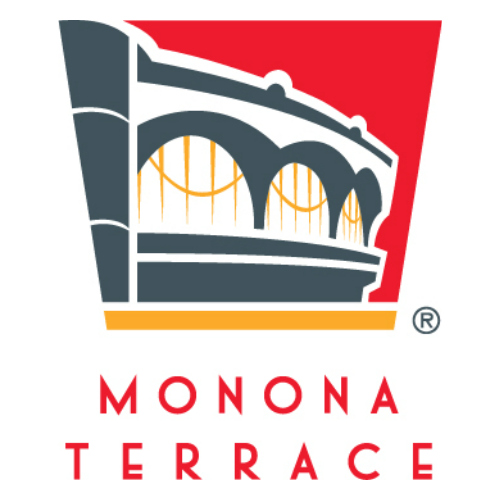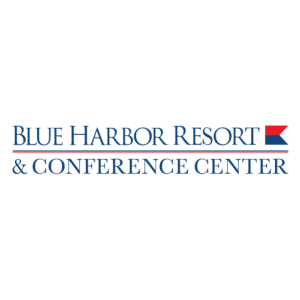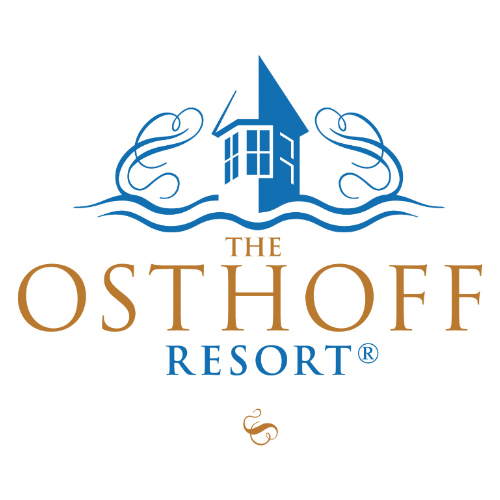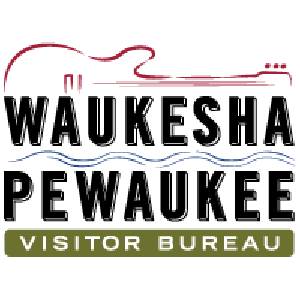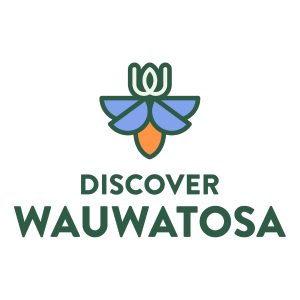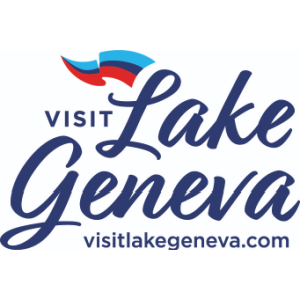5 Tips to Insure Speakers Connect with Your Audience
02/17/2017
By Clair Urbain
One of the main draws for successful meetings is assembling a list of heavy-hitter speakers that promise to deliver value to attendees. Depending on the audience, that value may come from ideas on how to run their businesses better; address common problems that face attendees; provide motivation; or maybe even give attendees an opportunity to rub elbows with celebrity figures.
Good planning makes a good line-up of speakers, experts report. Scott Steinberg, CEO of TechSavvy Global, says he and his staff regularly speak about business matters at large meetings. They have assembled some helpful information to leverage speaker talent to get meeting attendees engaged and excited.
The good news: there are plenty of excellent speakers ready and willing to speak in front of your group. Picking the best professional speaker to headline a meeting or event, or manage breakouts, workshops and seminars is key to making your program excite and engage attendees.
Here are helpful tips that meeting planners or special events professionals should keep in mind when selecting a motivational or keynote speaker.
FIVE STEPS TO SPEAKER SELECTION
-
Identify the type(s) of speakers you want.
Steinberg breaks motivational speakers into four types: inspirational, corporate, marketing and futurist/trend experts. “Ask yourself, ’Which is the most appropriate for the audience and the program in question?’ Then consider what results you’d like to achieve. Do you want to educate, motivate, fuel change and growth, promote awareness, or inform or entertain?“ he asks.
Speakers differ in their specialties. Motivational speakers often promote growth and positive action; inspirational speakers fuel change and encourage peak performance; and keynote speakers inform, excite and drive greatness on the personal, professional and organization level, Steinberg says. “All play useful roles in ensuring a successful event.“
Keynote speakers can be personalities or top leaders in the field; workshop speakers are often industry experts who specialize in specific aspects of the meeting attendees’ businesses.
-
Define the meeting’s location, timeframe and budget.
What is your meeting location or venue, dates it will be held, timeframe allocated to speakers and budget? “Location can work for you or against you, depending on where your potential speakers are located and their travel schedule,“ says Georgia Foley, executive director at the Specialty Tools and Fasteners Association (STAFDA) based in Elm Grove, Wis. “We sometimes have been able to find speakers who will be speaking in the same city to another group and we can share travel expenses with them.“
Establish your budget. It’s not uncommon for workshop speakers to request $3,500 for a half day session or $8,500 for a full-day session plus travel expenses. “It depends on the subject matter and the speaker’s reputation. Some will slightly discount their fee to get in front of our members that could result in future business for them,“ Foley says.
Nationally known keynote speakers are in a different league. “They often request – and get — six-figure fees. You get used to the large fees they charge,“ she says. “They may also have rather unique requests for themselves or their entourage. It can be a real Pandora’s box. Fortunately, the venues where we have our meetings have dealt with these types of requests and are equipped to handle them.”
-
Understand what attendees want.
“Clearly establish the purpose, the topic and the vision of the whole meeting upfront,“ counsels Steinberg. Consider audience demographics and the type of speaker that is most likely going to resonate with them.
Foley takes cues about seminar or workshop topics based on conversations she has with STAFDA members. “They are a very proactive group and often our workshop speakers are selected because they are experts in fields who can address the problems that members are facing.“
Steinberg suggests looking back at the success of previous speakers at meetings, if possible. “Which types of speakers have been successes with similar audiences?“ he asks. Finally, make sure the speaker’s tone, topic and vision match the meeting decision maker’s vision for the program, Steinberg adds.
While Foley reports to a board of directors, her level of experience with the group allows her to have a rather free hand at selecting speakers, but she keeps board members in the loop.
-
Network and connect.
Foley recommends contacting talent agencies and speakers bureaus who have working relationships with nationally known keynote speakers; she works regularly with the Washington Speakers Bureau (washingtonspeakers. com) and Speak Inc. (speakinc.com).
She also recommends establishing relationships with allied groups that address specific issues of interest to meeting attendees. “For example, we have found the Association Education Alliance (www.aeamembers. net) to be a valuable resource for our workshop speakers,“ Foley says.
-
Plan ahead.
The STAFDA annual convention is early November; Foley aims to have speakers, especially workshop speakers, lined up before the end of March. “We try to lock in our speakers after we make our site visit to the city where the upcoming convention will be held. Once we know sizes of meeting rooms and other logistics, we can line up speakers,“ she says.


